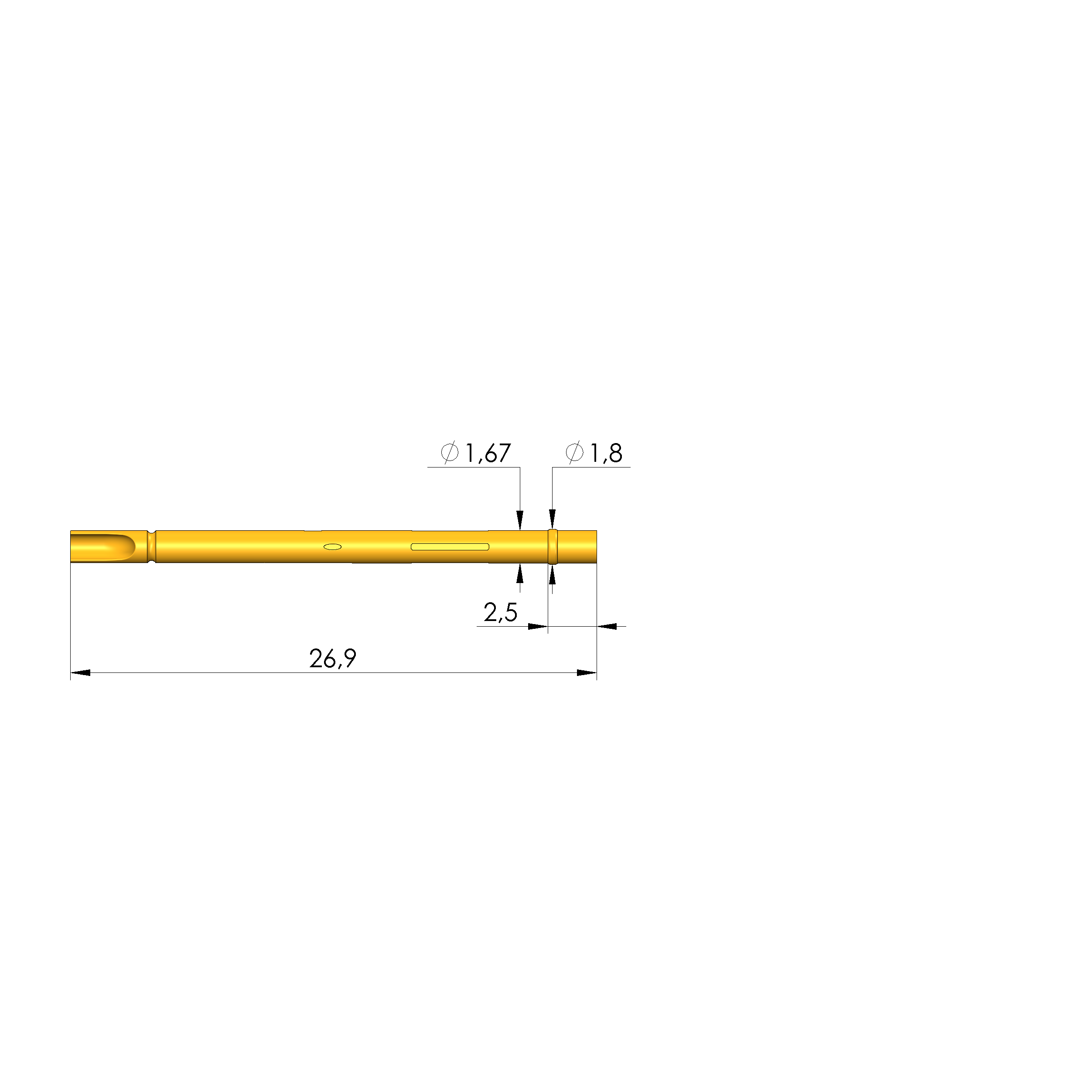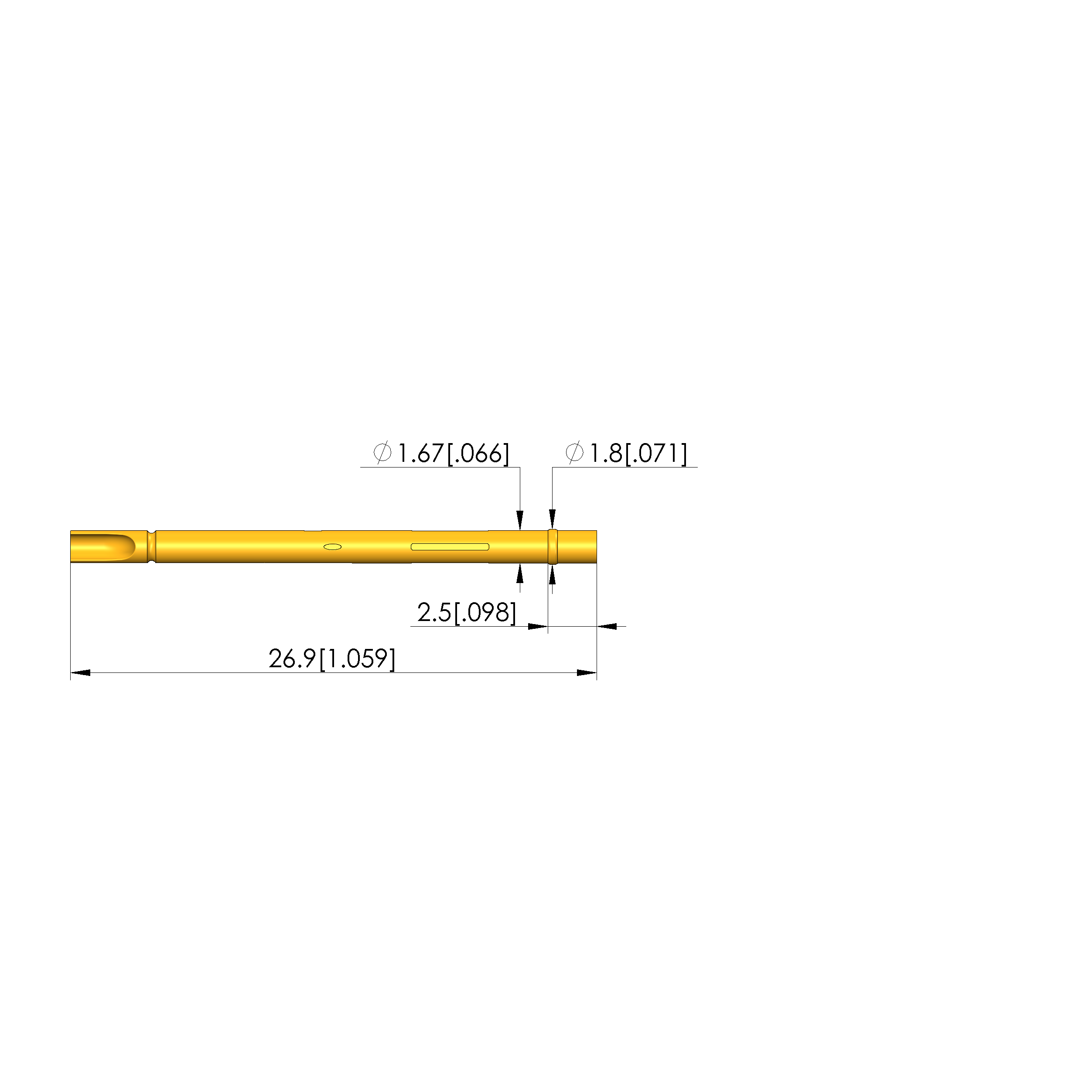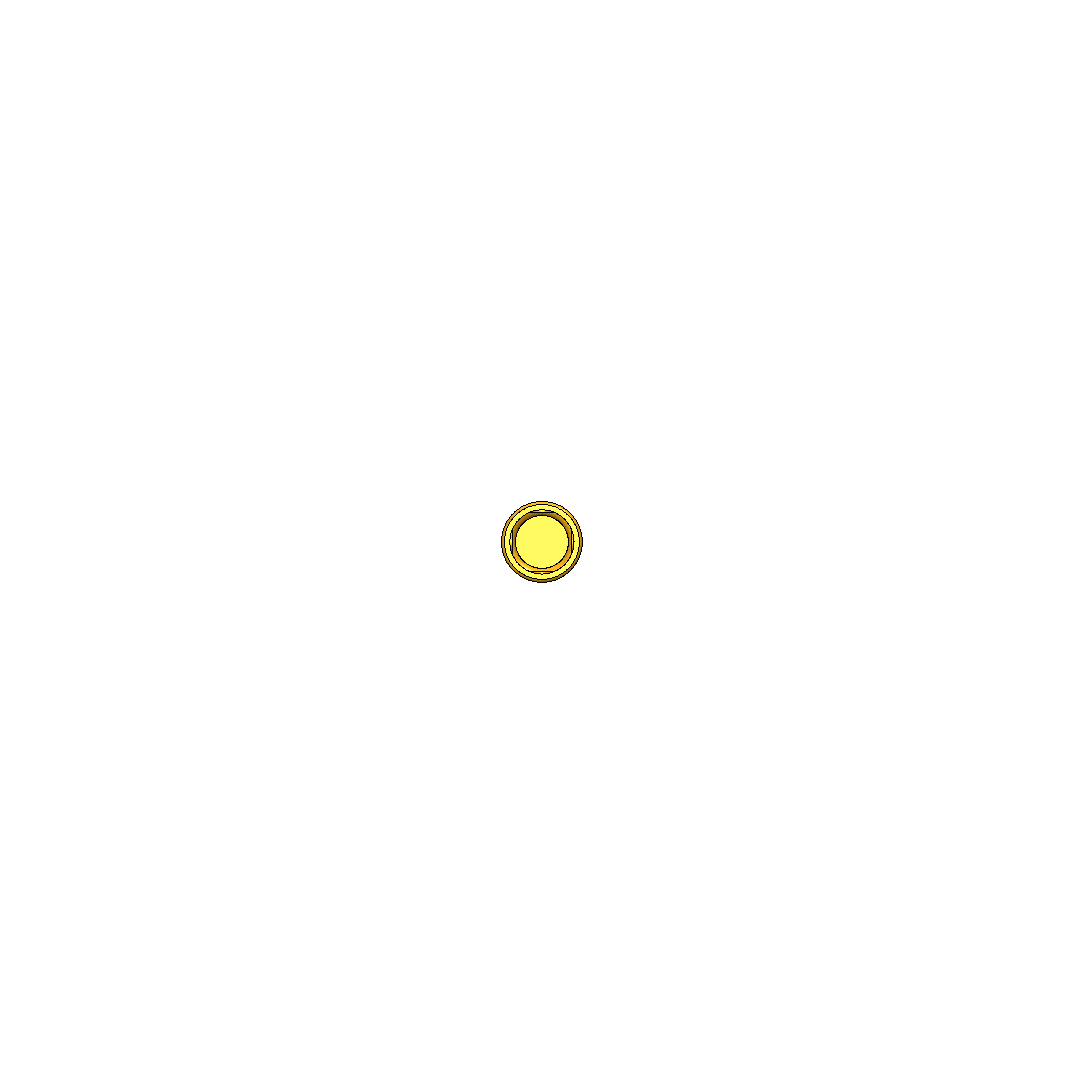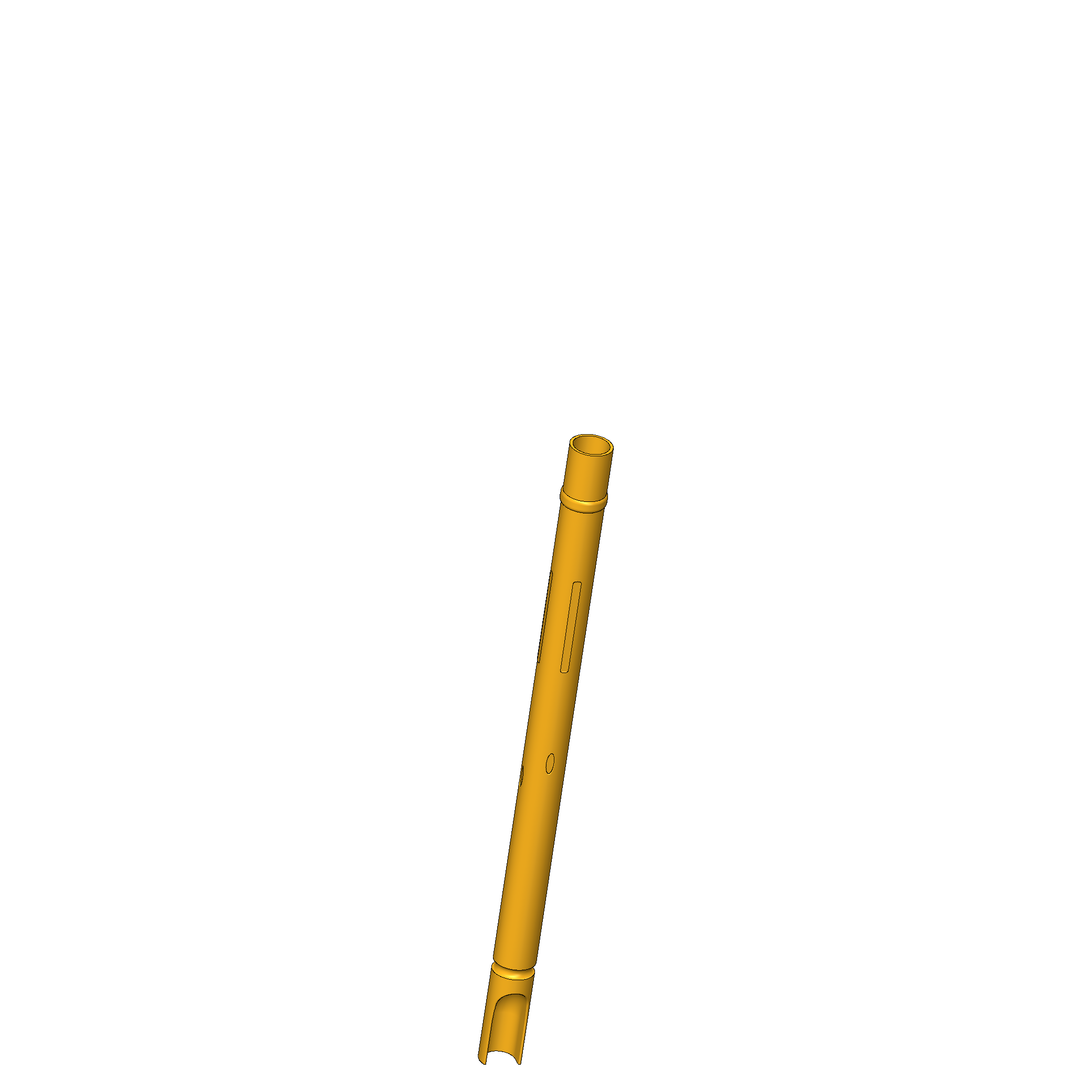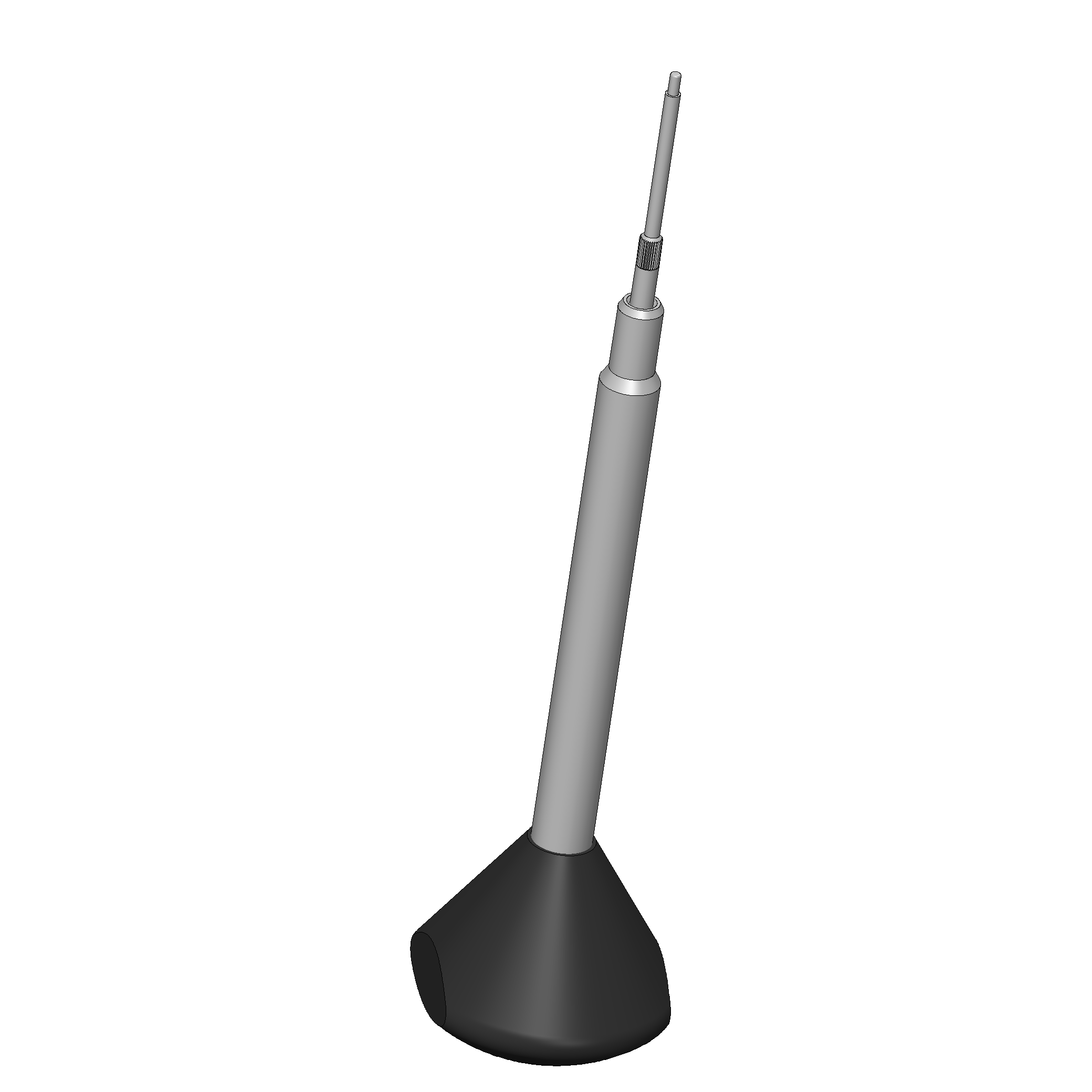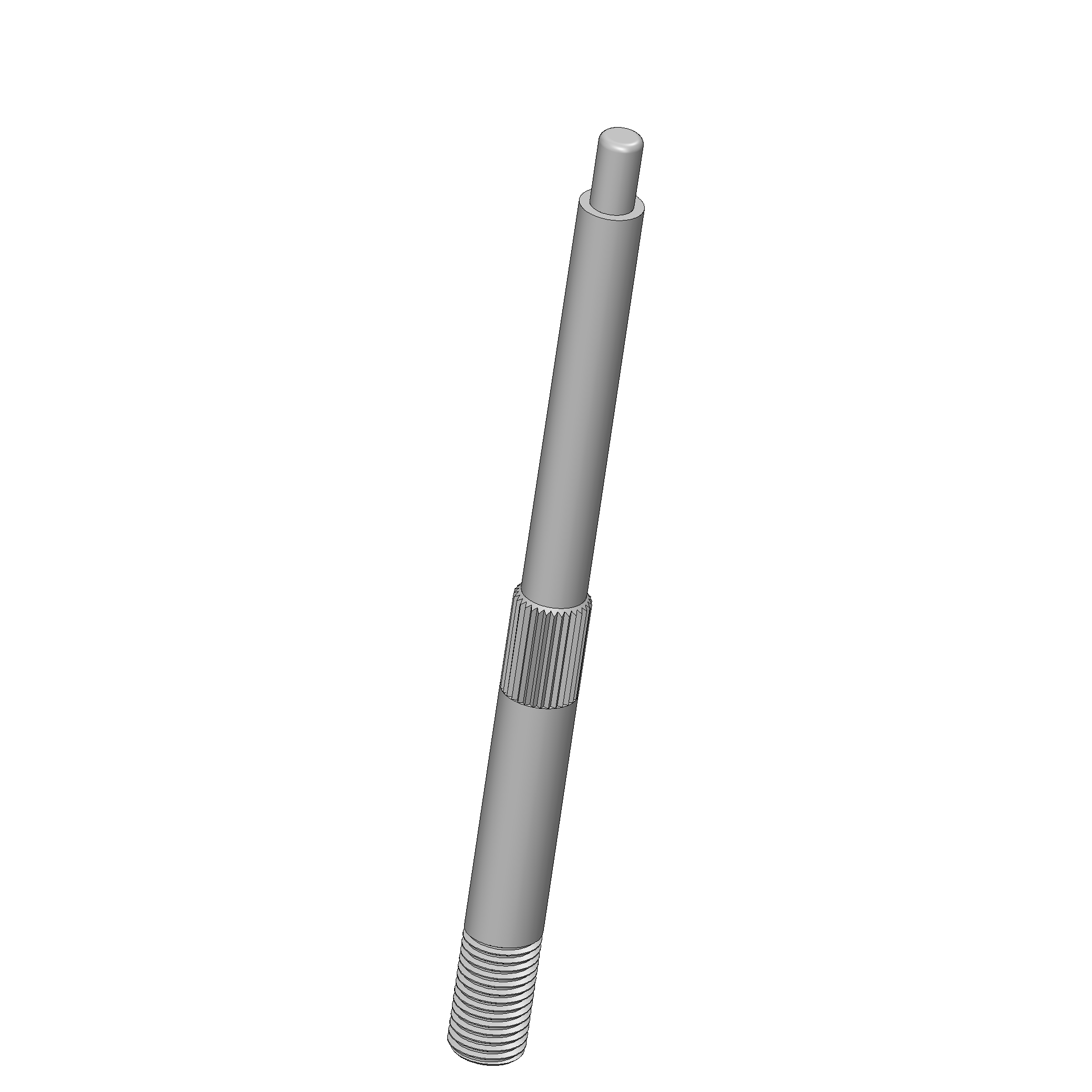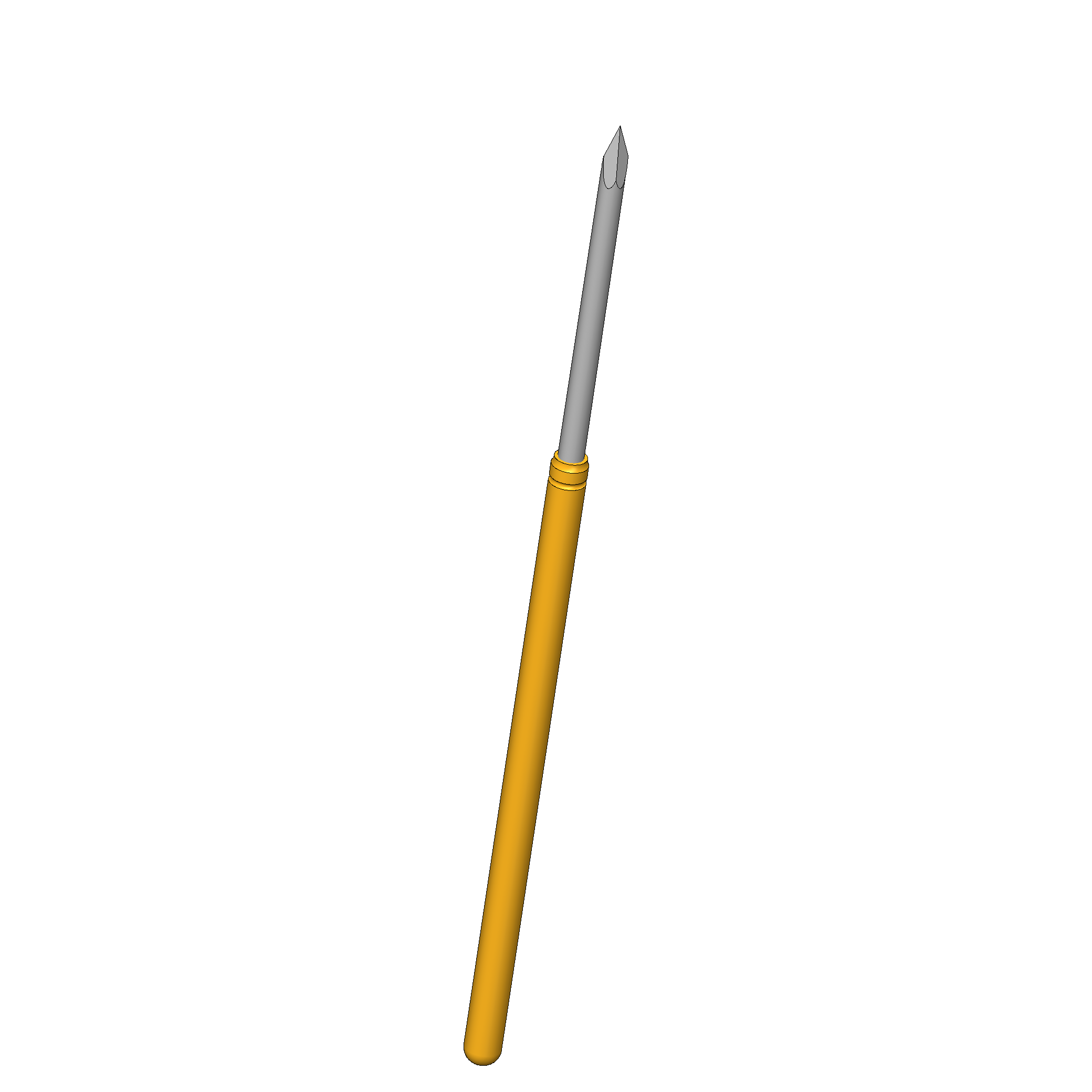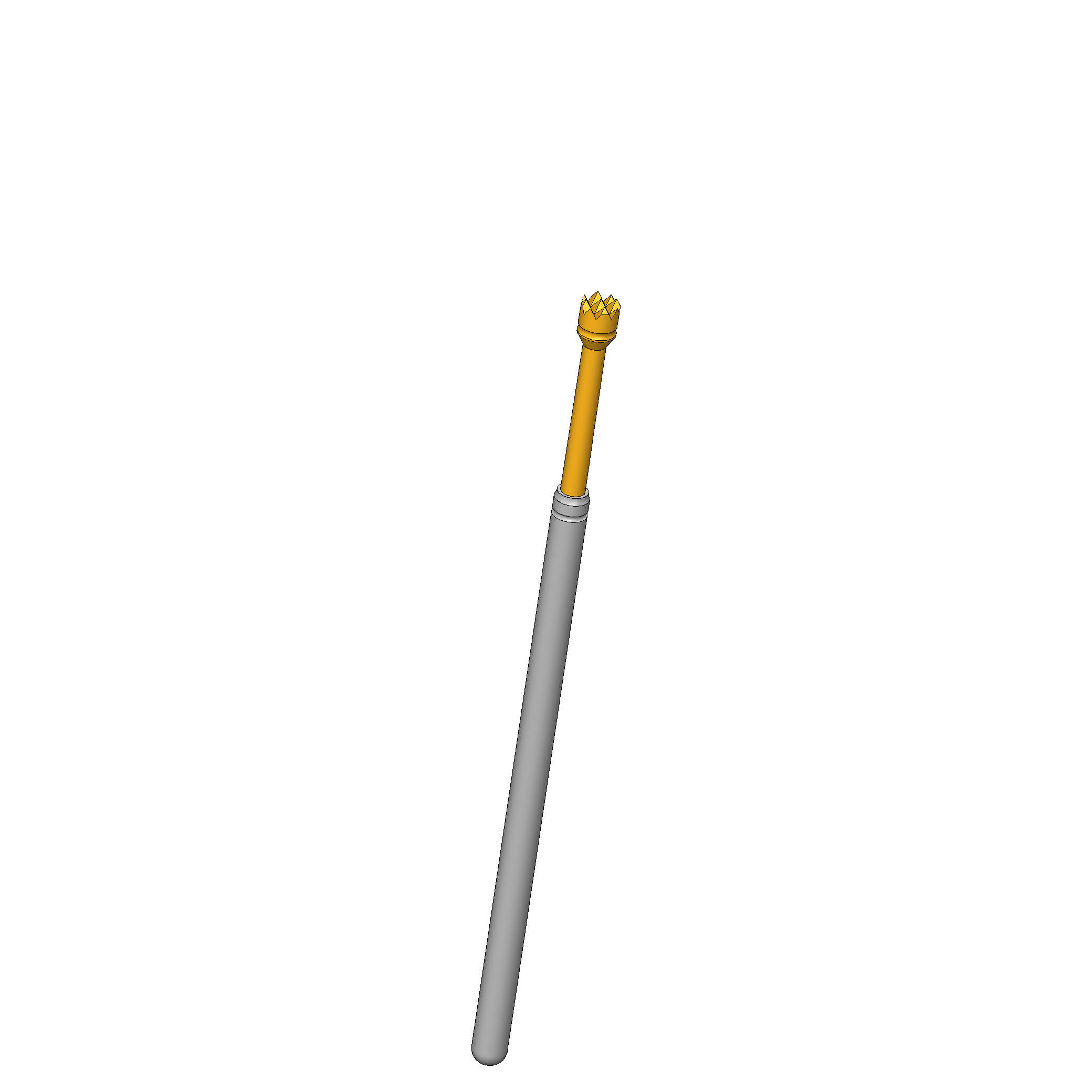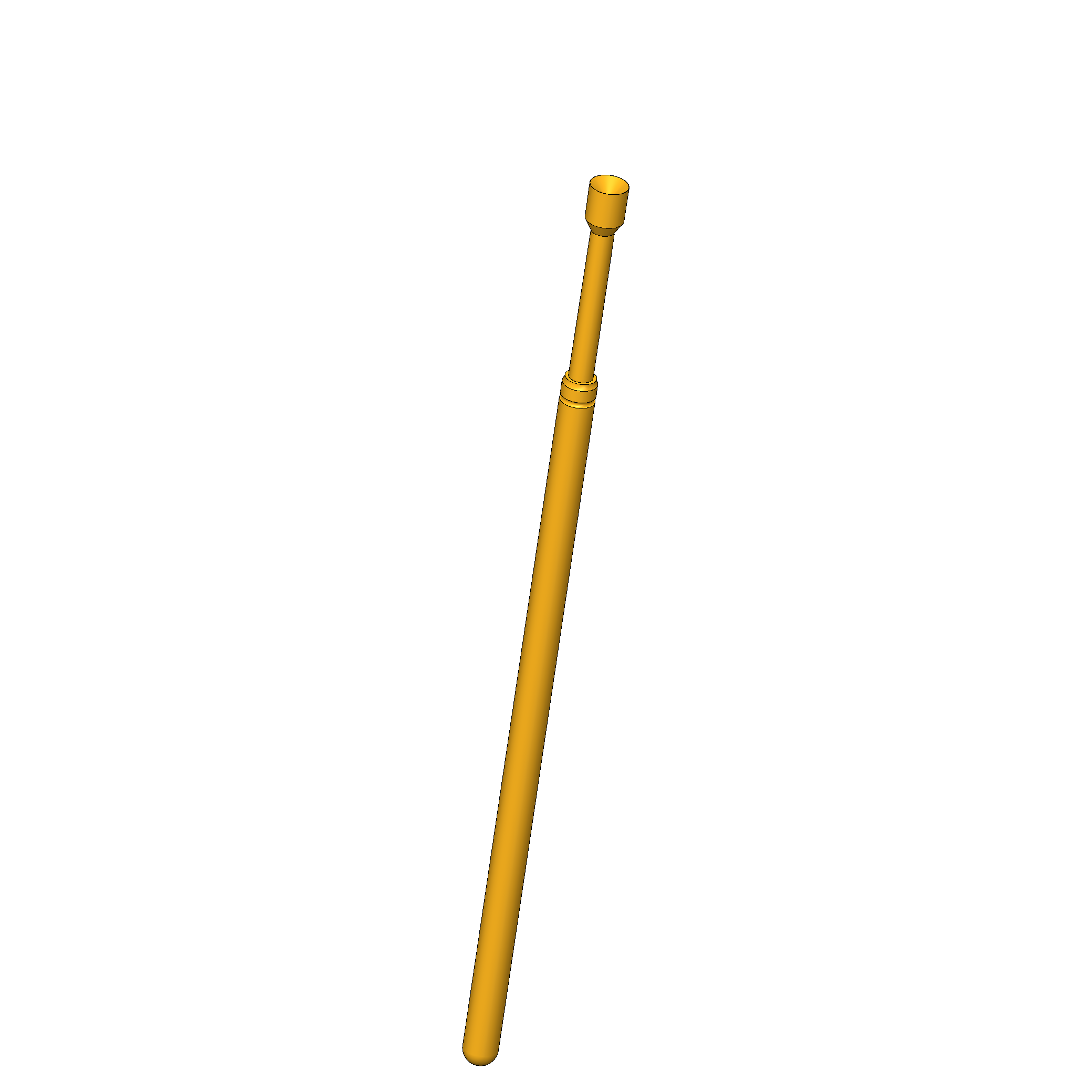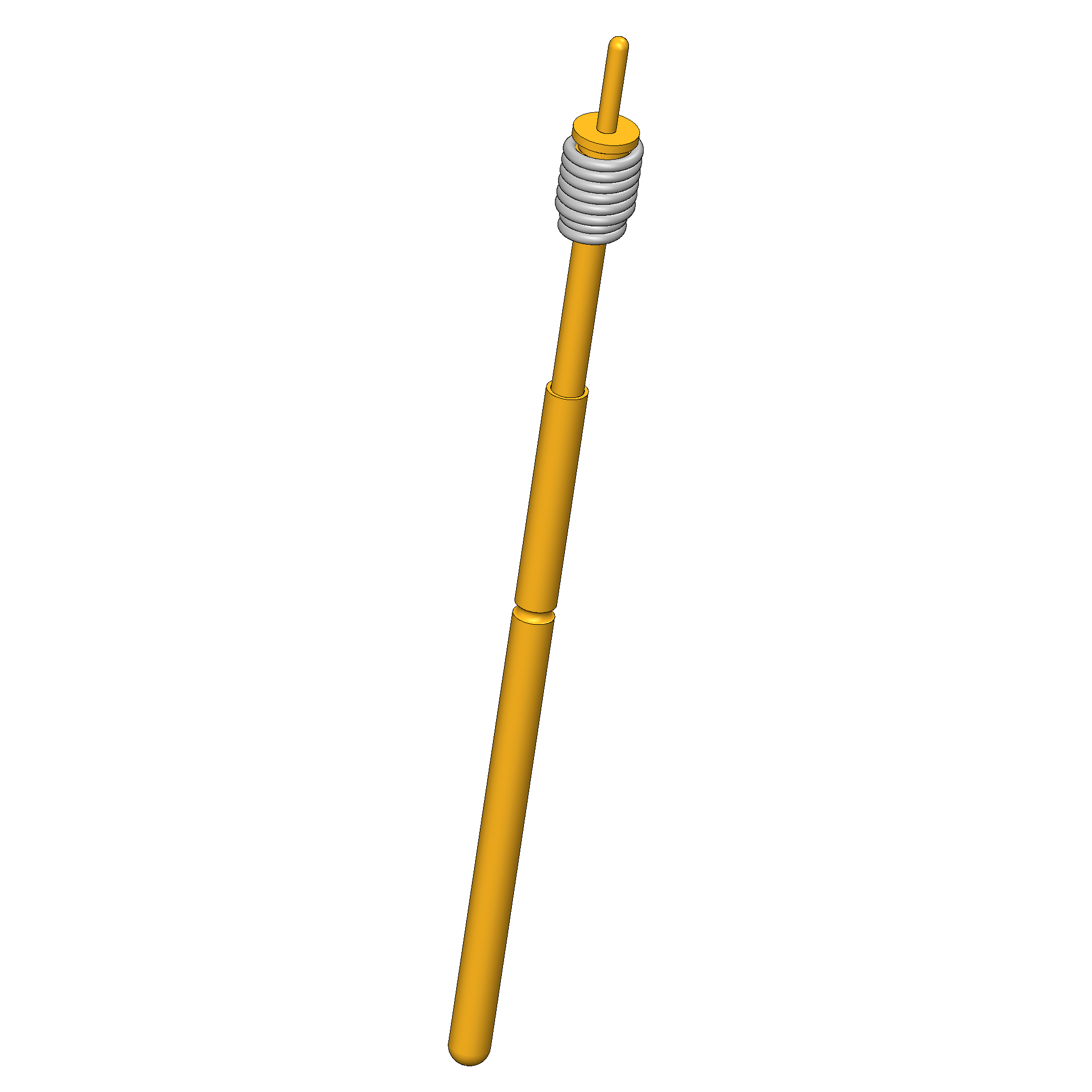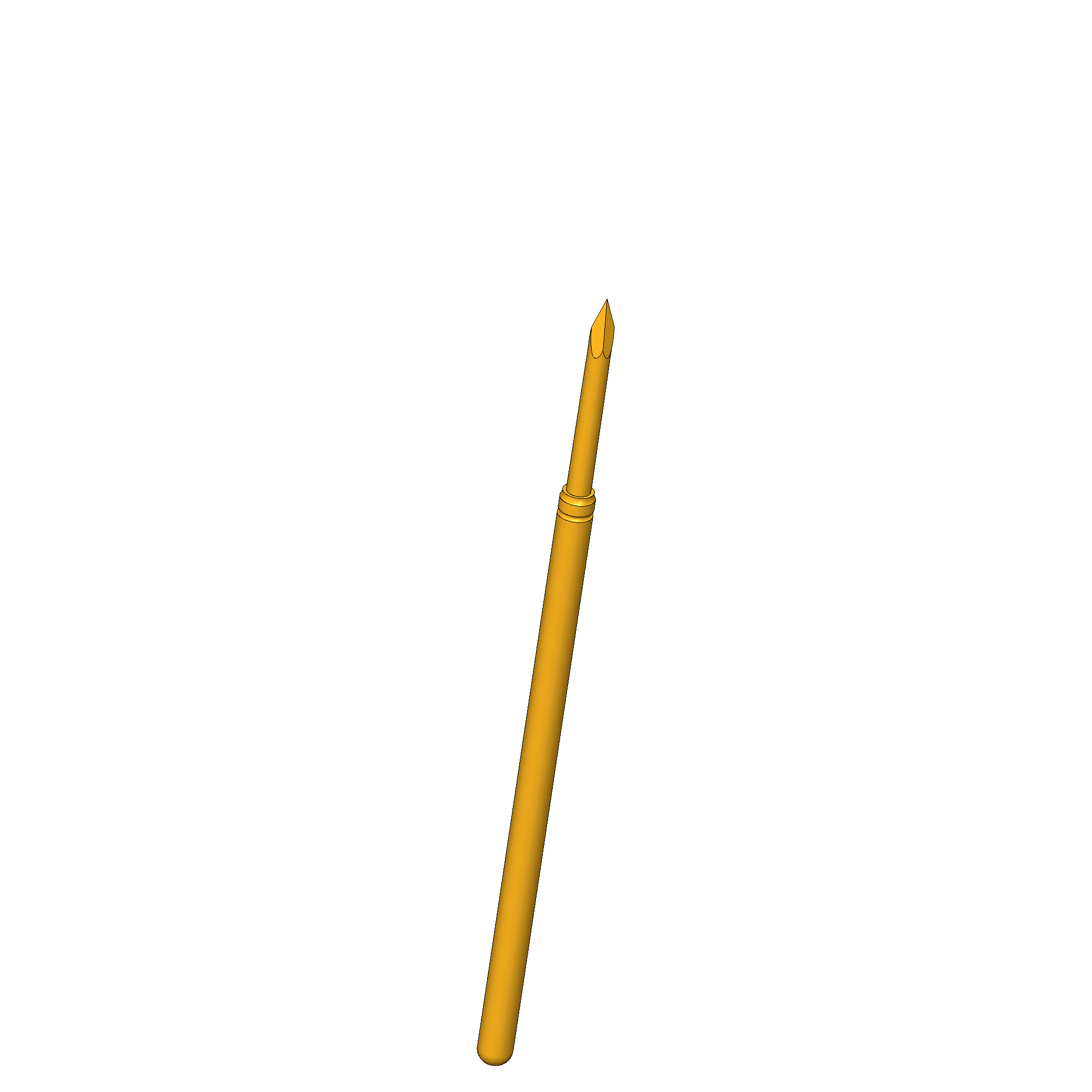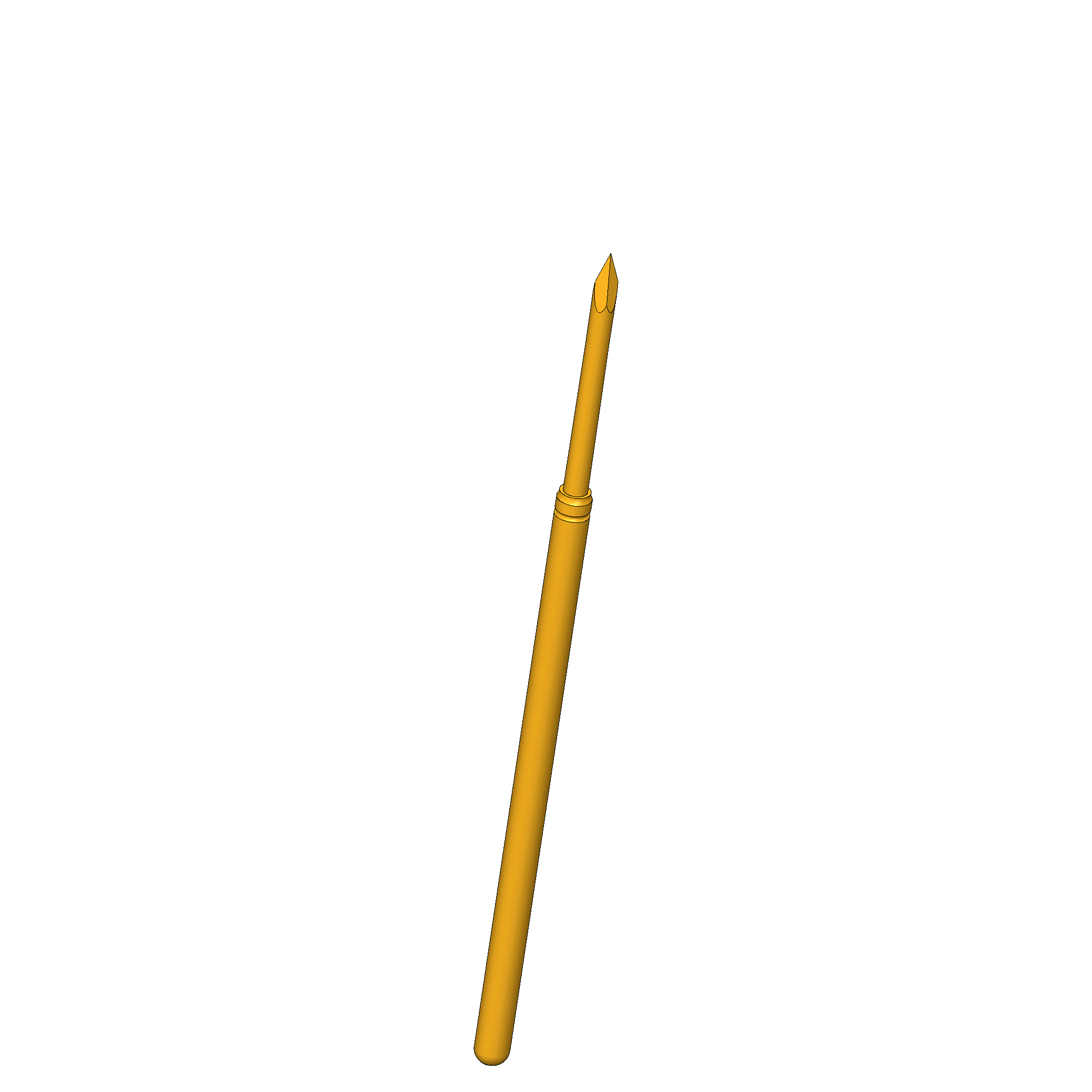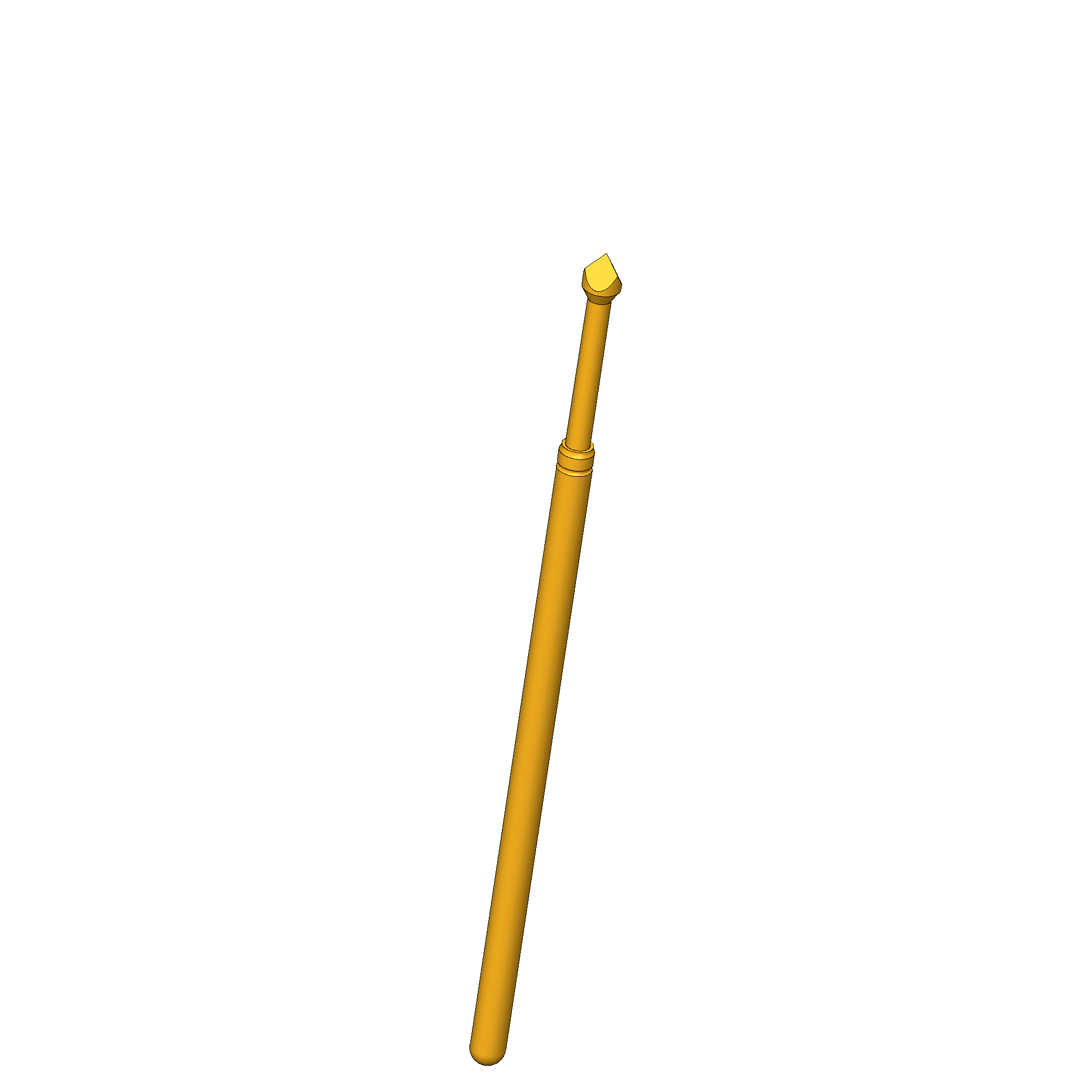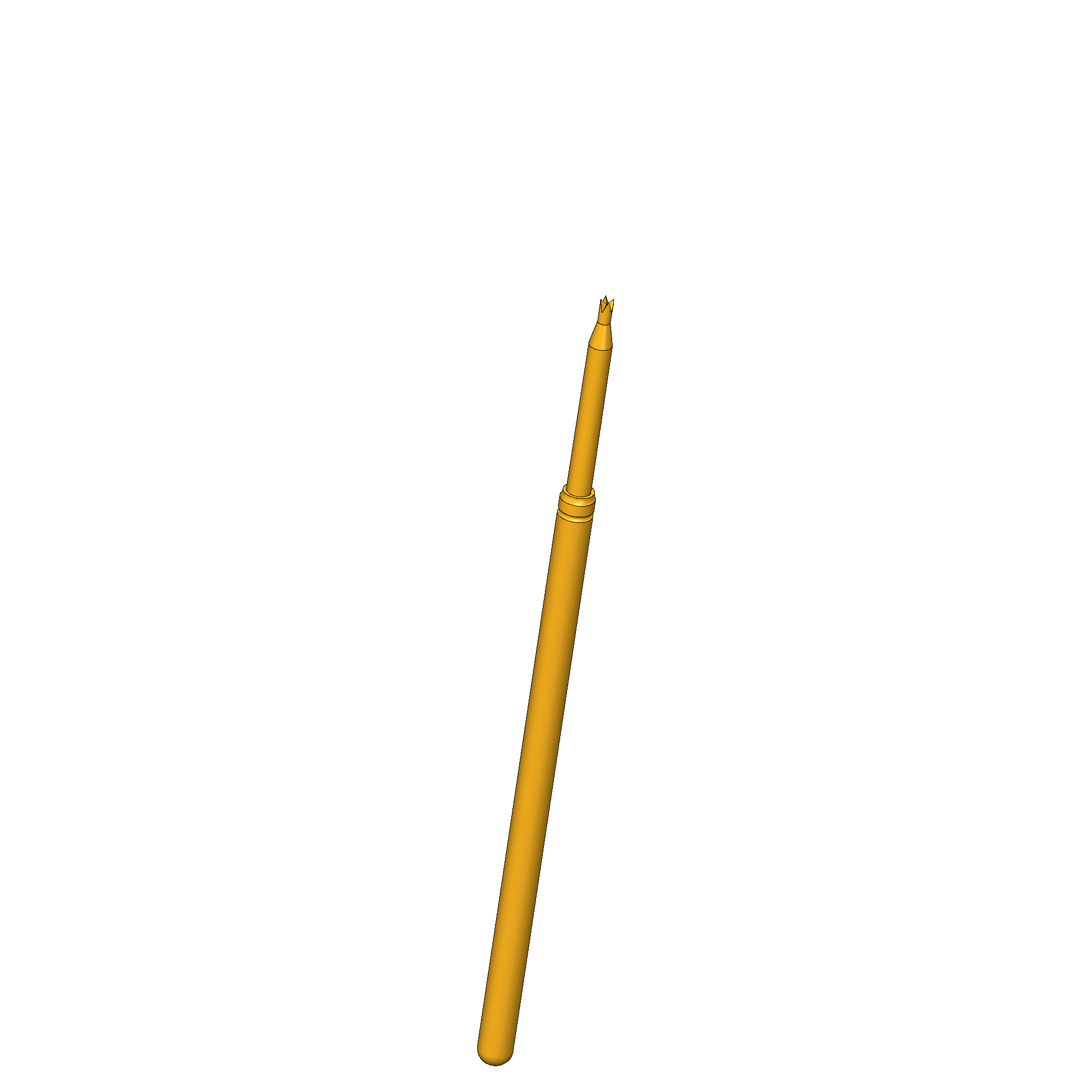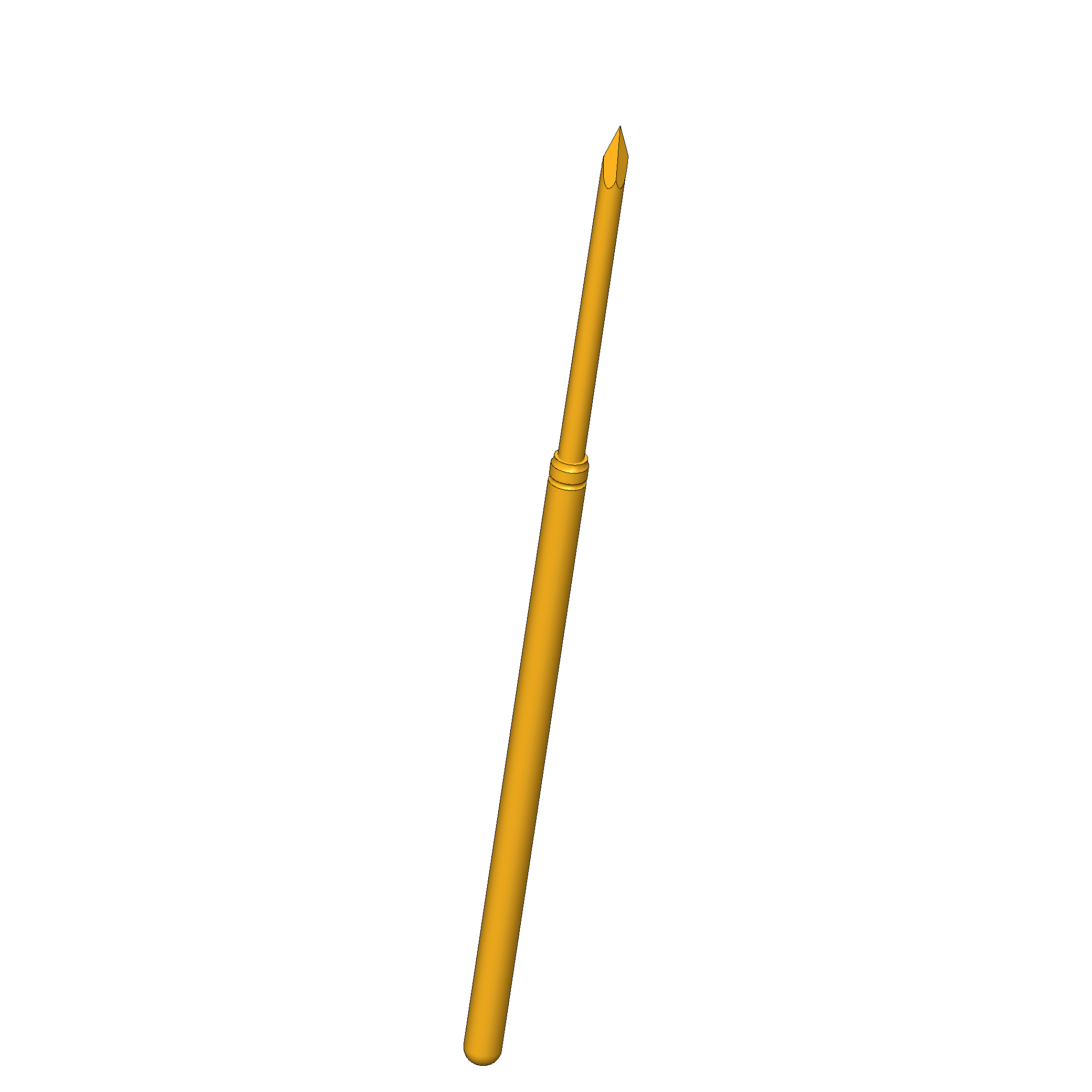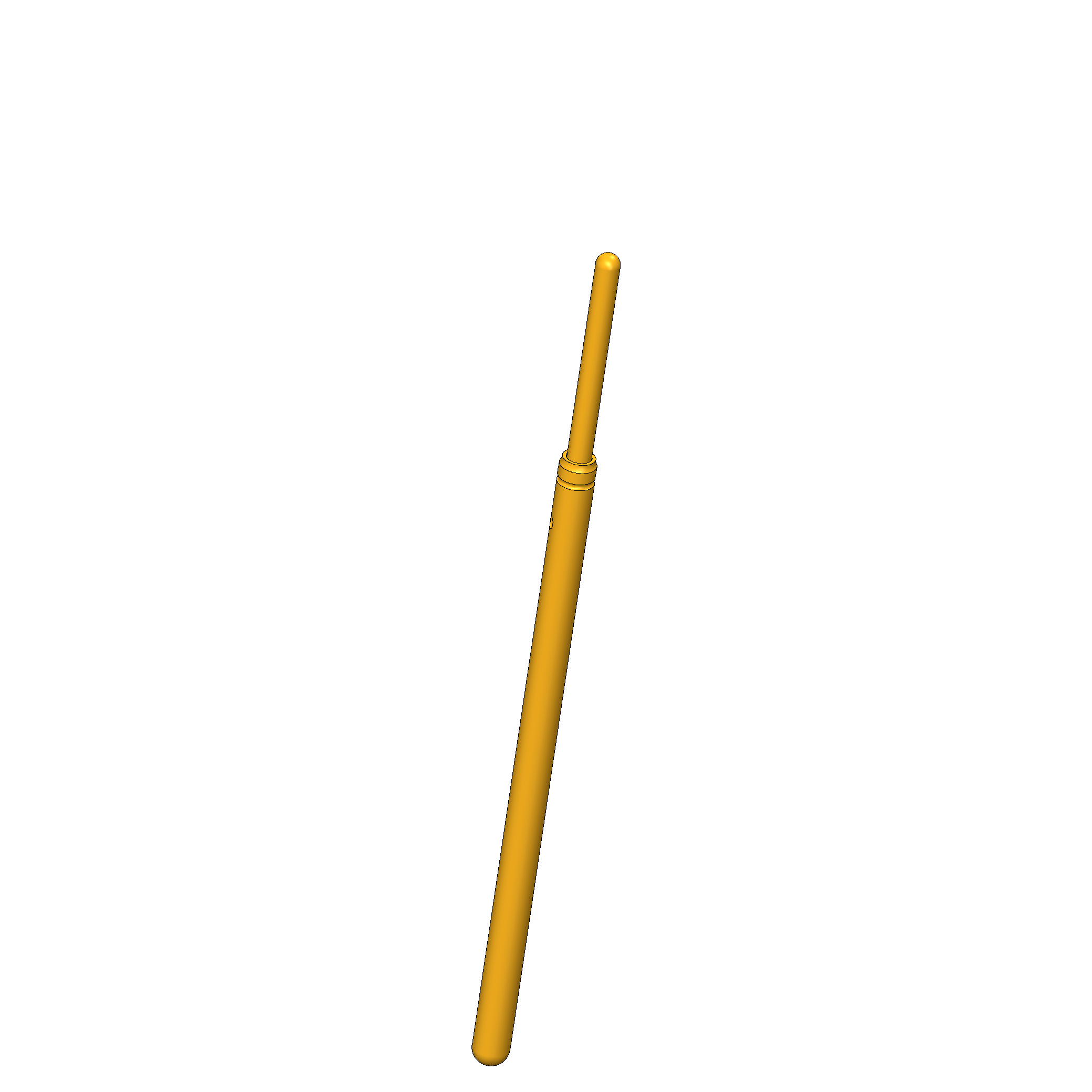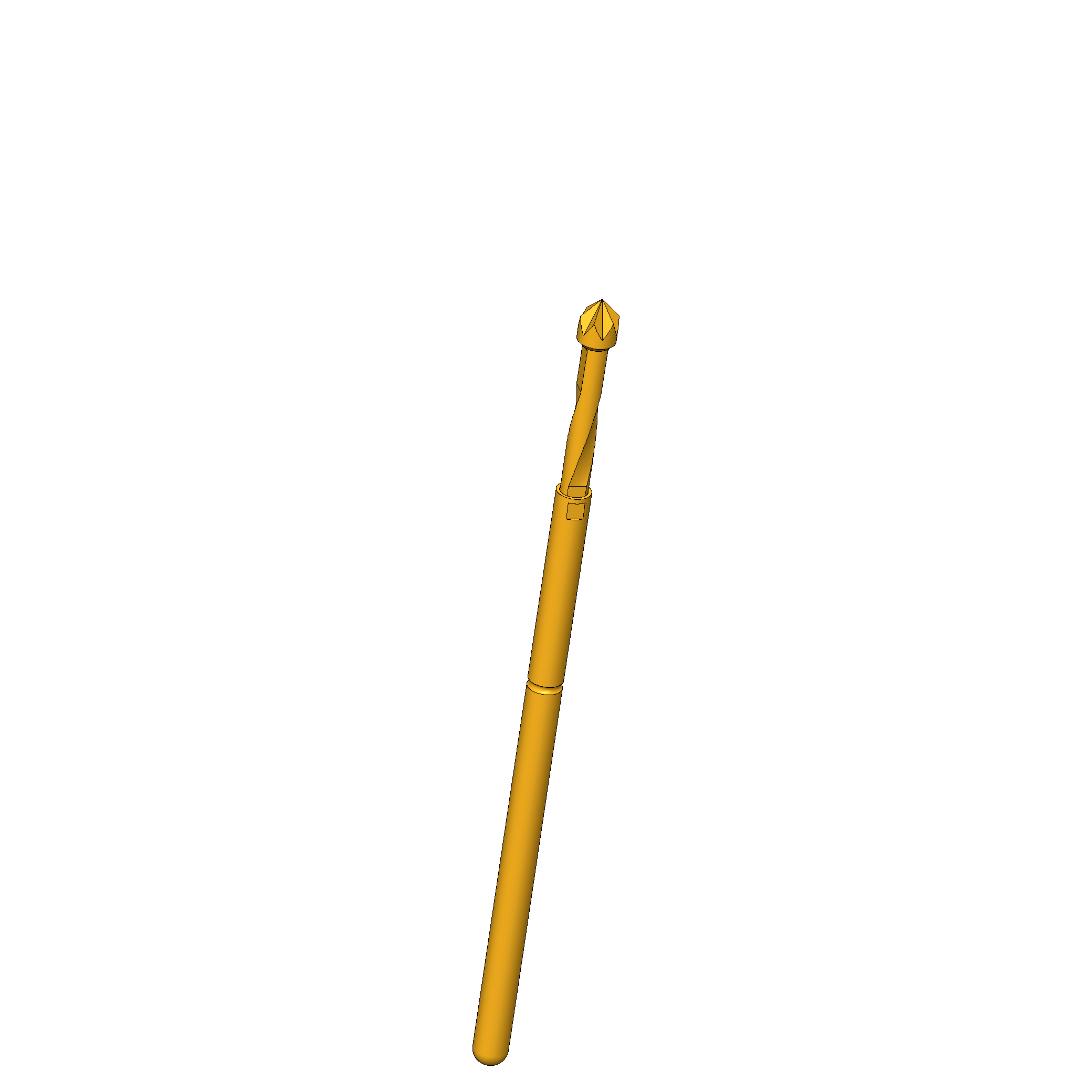Receptacle KS-100 30 25 Item KS-1003025
Receptacle KS-100 30 25 Item KS-1003025
Please log in to show the price
Login
The prices listed in the scale are displayed rounded, therefore deviation in the total price is possible.
Shipping costs
* The prices are rounded to two decimal places.
Technical data
| Product group : | Receptacles (KS) |
|---|---|
| Series : | KS-100 |
| Sub-series : | KS-100 press-in version |
| Type of receptacle connection : | Solder |
| Press ring : | No |
| Surface area : | Gold |
| Collar diameter : | 1.8 mm |
| Collar height : | 2.5 mm |
| Knurl : | No |
| Vacuum-tight : | No |
| RoHS-compliant : | RoHS-3 |
| Mounting hole in CEM1 : | 1.68 - 1.69 mm |
|---|---|
| Mounting hole in FR4 : | 1.69 - 1.70 mm |
| Total length : | 26.9 mm |
|---|---|
| Outer diameter : | 1.67 mm |
